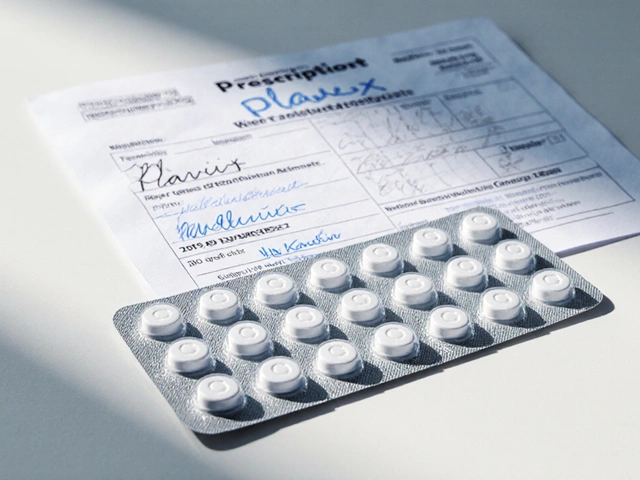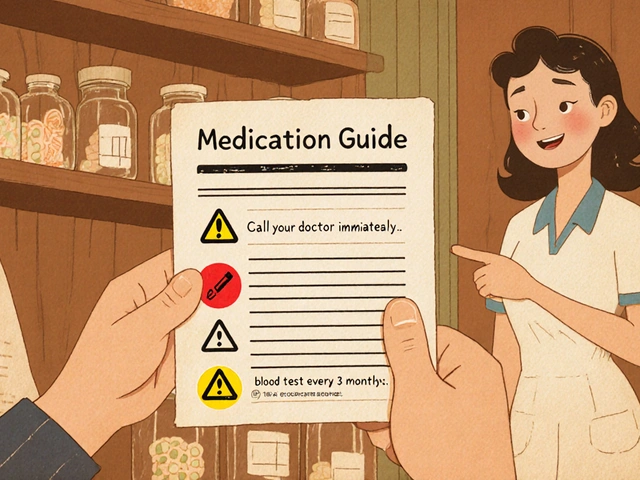Ivermectin: What it is, who needs it, and how to stay safe
Ivermectin is a medicine used to treat certain parasitic infections in people. It can be very effective for conditions like strongyloidiasis, onchocerciasis, and some cases of scabies. But it’s not a one-size-fits-all drug, and using the wrong product or dose can cause real harm.
Common uses and how it works
Ivermectin works by paralyzing and killing parasites. For humans, doctors prescribe it for intestinal strongyloidiasis, river blindness (onchocerciasis), and sometimes for scabies when topical treatments fail or aren’t practical. Typical human doses are calculated by weight and often given as a single dose or a short course — your provider will decide the exact amount and timing.
Important: Ivermectin tested for COVID-19 showed no convincing benefit in high-quality trials. Major health agencies recommend against using ivermectin for COVID-19 outside of clinical studies.
Safety, side effects, and buying tips
Common side effects are mild: dizziness, nausea, diarrhea, or skin rash. Serious reactions are rare but can include neurological symptoms. People with weakened blood-brain barriers, certain infections, or on interacting drugs should talk to their doctor first.
Do not use veterinary ivermectin products meant for horses or livestock. Those formulations are far more concentrated and can cause severe toxicity in humans. Always use medicines manufactured for human use and follow a prescriber’s directions.
In many countries ivermectin requires a prescription. Buying from an online pharmacy? Check for a real medical review, clear contact information, and visible pharmacy credentials. Avoid sites offering large quantities without prescription or extremely low prices — that’s a red flag for fake or unsafe products.
If you’re pregnant or breastfeeding, or if you have liver disease or severe illness, mention this to your provider before taking ivermectin. Also tell them about other medicines you take — some drugs that affect liver enzymes can change ivermectin levels.
When to see a doctor: if you have unexplained skin disease after travel, signs of parasitic infection, or if you start ivermectin and develop severe headache, high fever, confused thinking, or sudden worsening symptoms, seek medical attention right away.
Bottom line: ivermectin can be a safe and effective antiparasitic when prescribed and dosed correctly. Don’t self-medicate with animal products, don’t use it for viral infections like COVID-19 outside trials, and always follow a healthcare professional’s guidance when getting and taking this drug.
If you want help finding reliable online pharmacies or need plain language info about specific uses, check our pharmacy safety guides or contact a healthcare provider for advice tailored to your situation.

Iverheal: Uses, Safety, Dosage, and Real-World Facts
Get real facts about Iverheal, its uses, effectiveness, side effects, and what real users should know before taking it. Honest, clear info, no sugarcoating.
Read More




